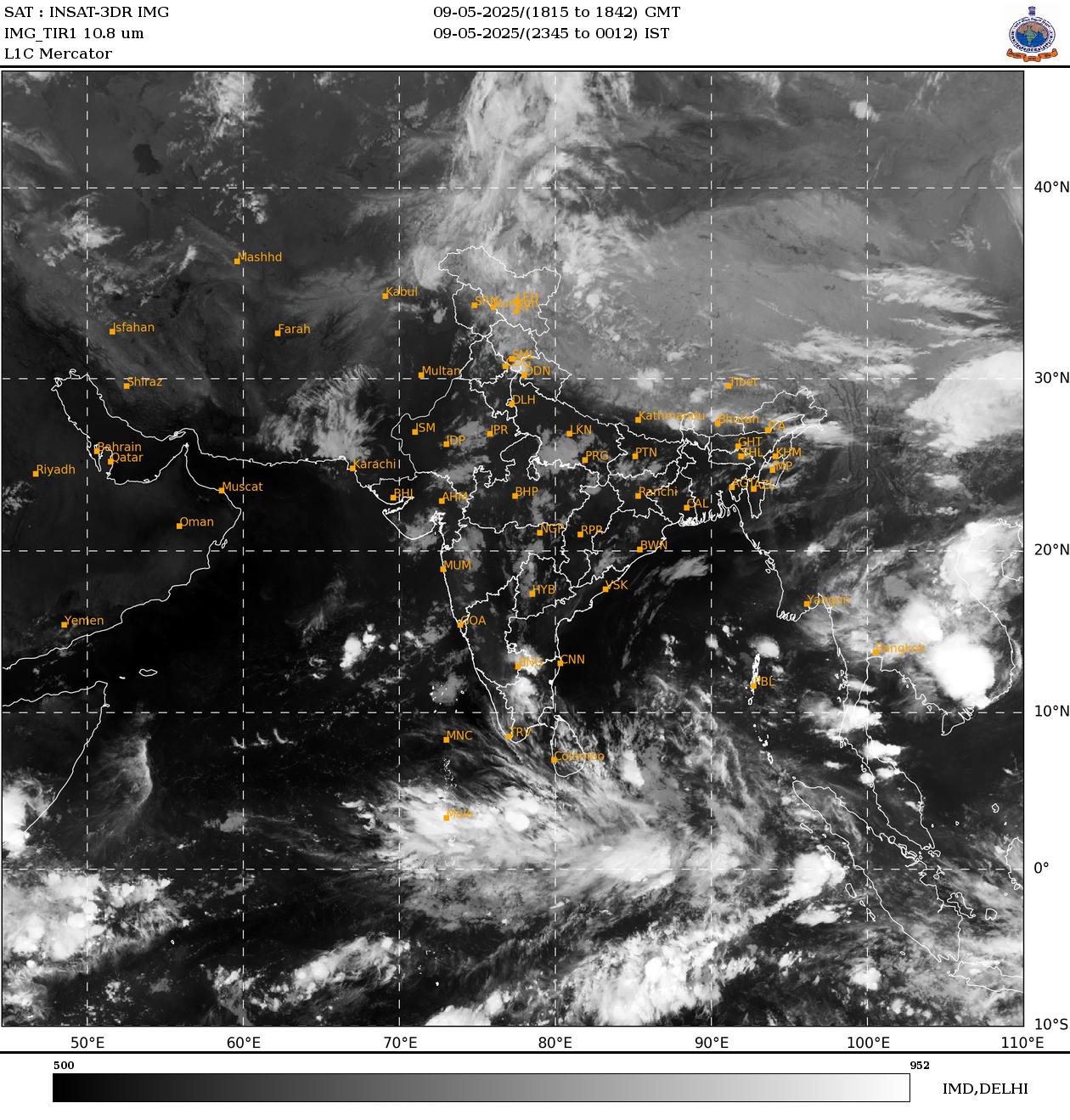Textiles to tuna, a host of EFTA stuff to soon cost less
 A trade agreement signed on Sunday between India and members of the European Free Trade Association, including Switzerland, Norway, Iceland, and Liechtenstein, is poised to reduce the prices of Swiss chocolates, watches, wine, soft drinks, Norwegian salmon, and mackerel. Customs duties on cut and polished diamonds will see reductions, but no concessions will be granted by India on gold, as well as major farm and dairy products. -
A trade agreement signed on Sunday between India and members of the European Free Trade Association, including Switzerland, Norway, Iceland, and Liechtenstein, is poised to reduce the prices of Swiss chocolates, watches, wine, soft drinks, Norwegian salmon, and mackerel. Customs duties on cut and polished diamonds will see reductions, but no concessions will be granted by India on gold, as well as major farm and dairy products. -
March 11, 2024 NEW DELHI: Swiss chocolates, watches, wine and soft drinks, Norwegian salmon & mackerel are among a host of items set to get cheaper after India and European Free Trade Association members — Switzerland, Norway, Iceland and Liechtenstein — signed a trade treaty Sunday. While cut and polished diamonds are on the list of products that will see customs duty cuts, there will be no concessions from India on gold and major farm and dairy products.
In return, companies from these countries will invest $100 billion in India over 15 years, billed as a first in trade deals, with India having the option to reverse the tariff cuts in case the amount is significantly lower than the promised level.
The investment is expected to result in creation of around a million jobs with the European companies seen to be using India as a base to export to other parts of the world.
deal: In a first, government agrees to include sustainability
While cut and polished diamonds are on the list of products that will see customs duty cuts, there will be no concessions from India on gold and major farm and dairy products. In return, companies from these countries will invest $100 billion in India over 15 years, billed as a first in trade deals, with India having the option to reverse the tariff cuts in case the amount is significantly lower than the promised level. The investment is expected to result in creation of around a million jobs with the European companies seen to be using India as a base to export to other parts of the world.
In another first, govt also agreed to a sustainability chapter, which includes aspects such as labour, human rights, environment and gender, hitherto no-go areas for New Delhi. An EFTA official said there were no penal provisions under the agreement, unlike the agreements that EU signs, and India is already a signatory to the agreements mentioned in the chapter.
"It marks India's first modern FTA with the first set of European nations... It is the culmination of nearly 16 years of negotiations. The last nine to 10 months have seen very intense negotiations to complete a balanced and equitable free trade agreement that factors the sensitivities of all countries. India stands to benefit in terms of investment, innovation and R&D," commerce and industry minister Piyush Goyal told reporters.
As part of the trade and economic partnership agreement, which will kick in after a few months, countries such as Switzerland have offered to open up over 120 of 156 services, including audit and accounting, legal, IT and healthcare for Indian companies, with easier visa rules allowed for workers and professionals from the country.
Besides, there are provisions for mutual recognition agreements for nursing, chartered accountants and architects, allowing Indian and EFTA qualifications to be recognised by each other. An official said govt has stuck to the FDI cap for sectors under the services chapter.
Given India's concerns on patents, especially for medicines, the EFTA members agreed not to press for additional commitments on intellectual property rights that go beyond obligations at WTO.
As part of the agreement, India will offer duty cuts on 82.7% of its products, covering 95.3% of EFTA exports of which more than 80% is gold. The four members of the trading bloc are offering 92.2% products, covering 99.6% of India's exports, which were estimated at $1.9 billion last year.
Because of high gold imports, estimated at $12.6 billion last fiscal, India had a trade deficit of almost $15 billion on imports of $16.7 billion. Within the bloc, Switzerland accounts for nearly 90% of the trade with India.
Govt is seeing EFTA nations as a base for its companies to provide services to other EU markets, while investments from companies from the four-nation bloc are likely to help India emerge as a production hub.
Most viewed
- Amid weak demand, cotton price surge adds to woes of yarn mills
- Centre willing to procure jute and cotton crop if prices fall below MSP : Goyal
- BTMA signals minimum wage structure for cotton textile sector within next two weeks
- State further subsidises power supply to textile industry till 2028
- India’s cotton yarn exports to surge by 85-90% in FY2024: ICRA
- ASEAN delegation to visit India on 17 Feb for FTA review
- Boosting trade relations with India
- Bank fraud case: Textile baron Neeraj Saluja sent to 5-day police remand
- New MSME payment rule leads to many cancelled orders
- New Rule of Payment to MSMEs Causes Uncertainty in Textile Markets
Short Message Board
Cotton Live Reports
Visiter's Status
Visiter No. 32878769Saying...........
One man plus courage is a majority.
Tweets by cotton_yarn



